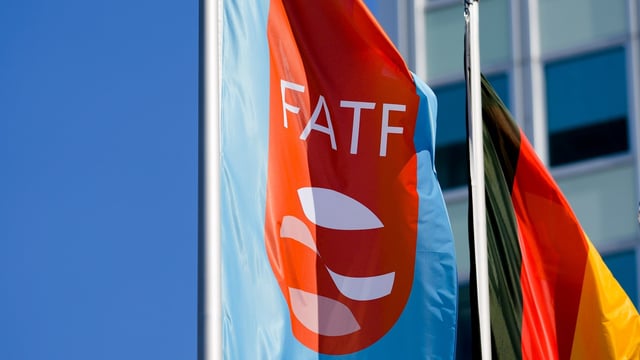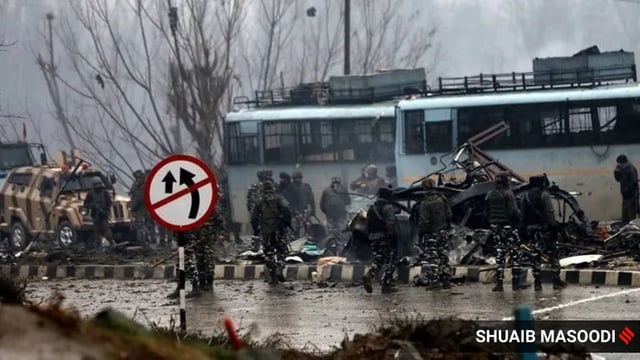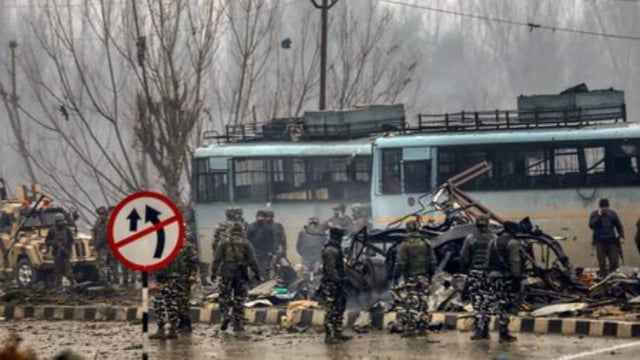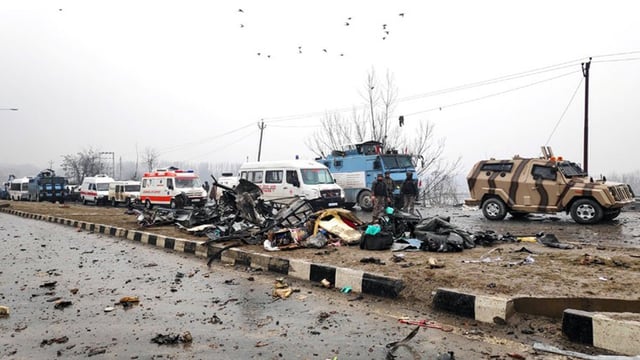Overview
- FATF’s Comprehensive Update on Terrorist Financing Risks identifies online marketplaces and payment services as growing channels for raising, moving and managing illicit funds
- The report cites the procurement of aluminium powder via Amazon for the 2019 Pulwama attack and a ₹6.7 lakh PayPal transfer hidden by VPNs in the 2022 Gorakhnath Temple incident
- It warns that peer-to-peer and fintech platforms offer faster, low-cost transfers but suffer from reduced traceability compared with traditional wire services
- The update confirms that certain terrorist organisations continue to receive direct financial, logistical and material support from national governments
- India has filed for Pakistan’s return to FATF’s grey list over alleged counter-terror financing failures, with verdicts due at upcoming Asia-Pacific and plenary sessions



